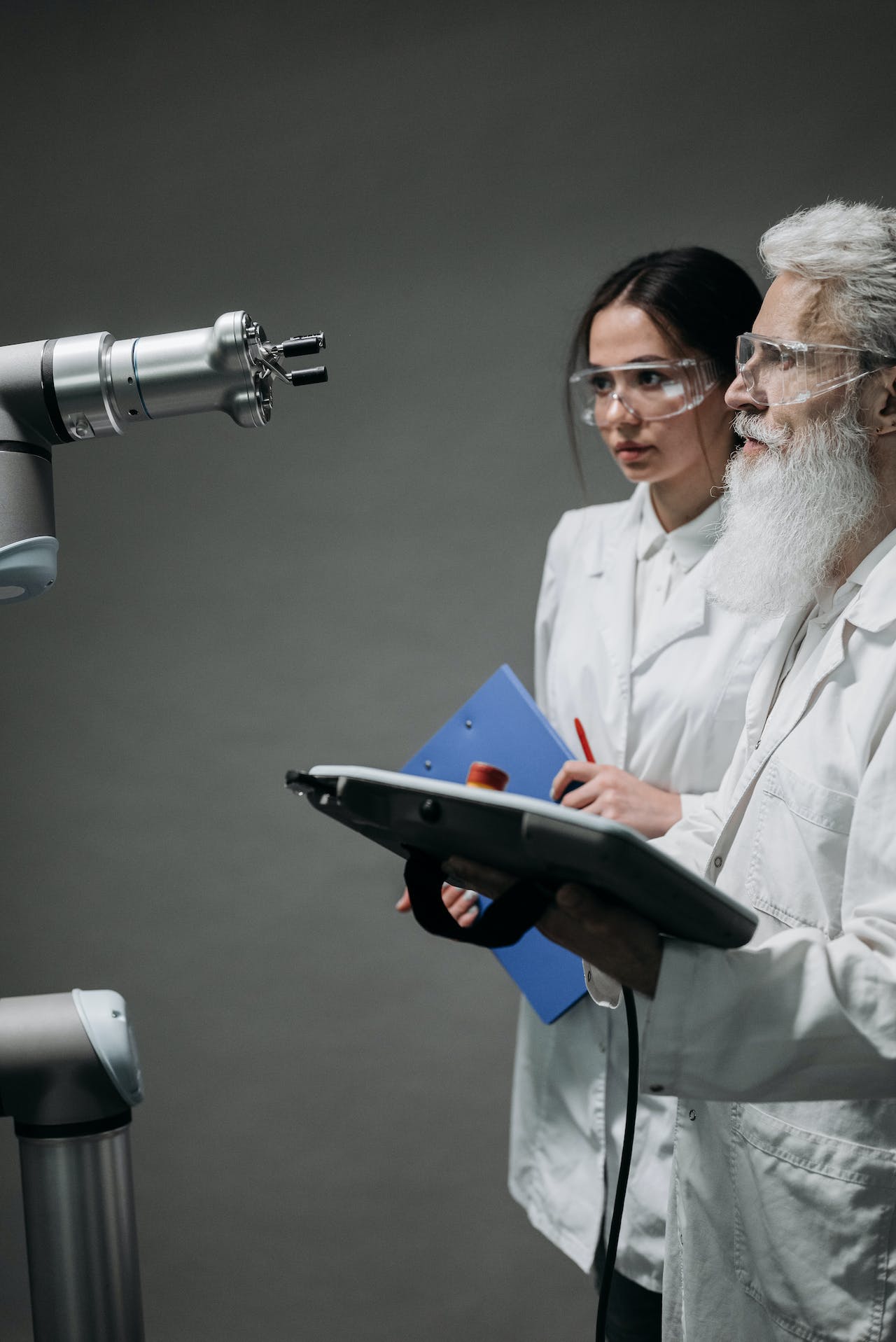Food and Drug Administration (FDA) Commissioner Robert Califf shed light on the regulatory hurdles the agency is currently facing in dealing with the burgeoning use of generative artificial intelligence (AI) in healthcare.
“The thing I think we are all struggling with is generative AI, which is a new thing and something we don’t really know how to regulate at this point,” Califf remarked in a recent interview with Yahoo Finance on Friday, emphasizing the complexity the FDA is grappling with in adapting its regulatory framework to this evolving technology.
While the FDA has been actively approving the use of AI in medical devices, amassing a growing list numbering in the hundreds, Califf expressed confidence in the current regulatory scheme for AI employed in prediction models. “When AI is used for prediction, which is the biggest use right now, we have a regulatory scheme which I think is really good,” he stated, highlighting the agency’s established framework for overseeing predictive AI applications.
However, Commissioner Califf voiced concerns about the potential risks associated with the future maintenance of AI algorithms. He pointed out that if these algorithms are deployed without regular fine-tuning, their efficacy diminishes over time, posing a challenge to long-term reliability and safety.
In the context of generative AI in healthcare, where large language models are utilized to create text responses, Califf stressed the need for an “ecosystem approach” to establish regulatory guardrails around the technology. The FDA is actively working on developing a comprehensive framework to address the unique challenges posed by generative AI in healthcare.
Notably, Commissioner Califf’s insights come against the backdrop of his previous role as a senior adviser for medical strategy at Alphabet, Google’s parent company. His tenure at Alphabet occurred between stints as the head of the FDA, and he also served in the Obama administration, bringing a wealth of experience to the ongoing discourse on AI regulation.
In a surprising turn of events, Commissioner Califf’s interview coincided with the announcement of significant leadership changes at OpenAI, the company behind the popular generative AI platform ChatGPT. OpenAI’s CEO, Sam Altman, was terminated, leading to subsequent departures by president Greg Brockman and several top researchers. Altman and Brockman were swiftly hired by Microsoft to lead an AI research group.
The FDA, when approached for comment regarding the potential implications of these developments on its regulatory efforts, declined to provide a statement. The abrupt changes in leadership at OpenAI raise questions about the broader landscape of AI development and regulation, with potential ramifications for the FDA’s ongoing initiatives in adapting to the challenges presented by generative AI in the healthcare sector. The situation is evolving, and stakeholders will be closely monitoring how these events may influence the regulatory trajectory of generative AI applications in healthcare.



